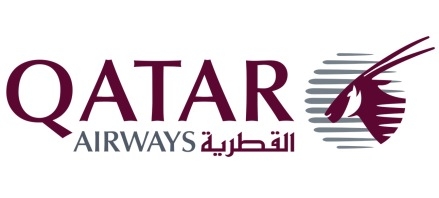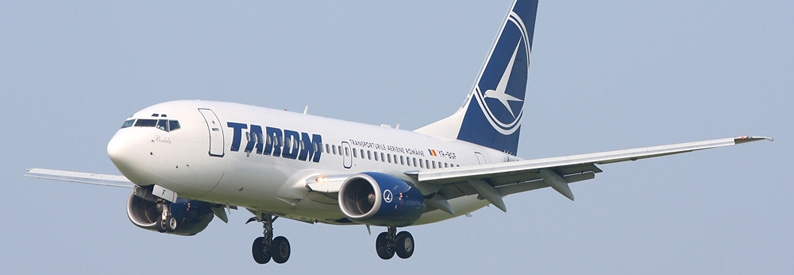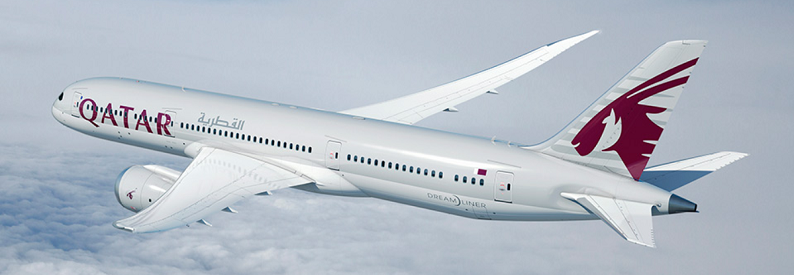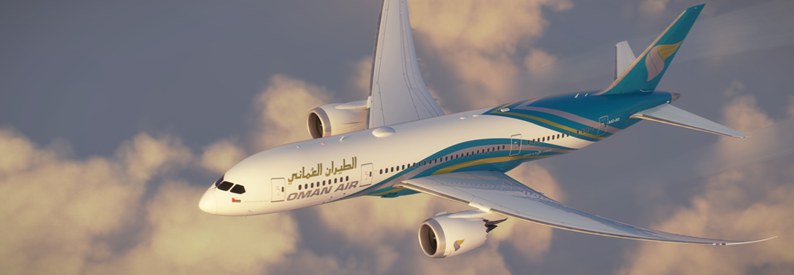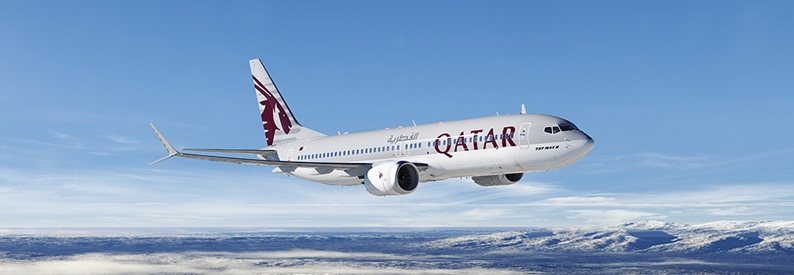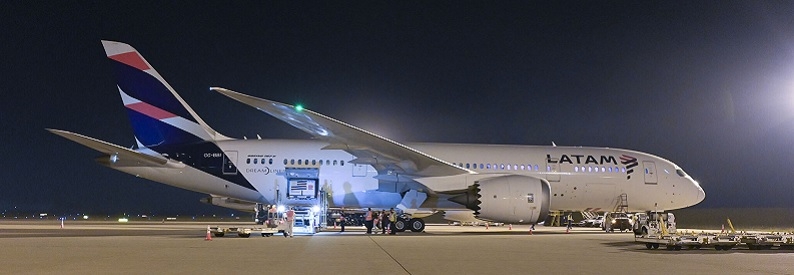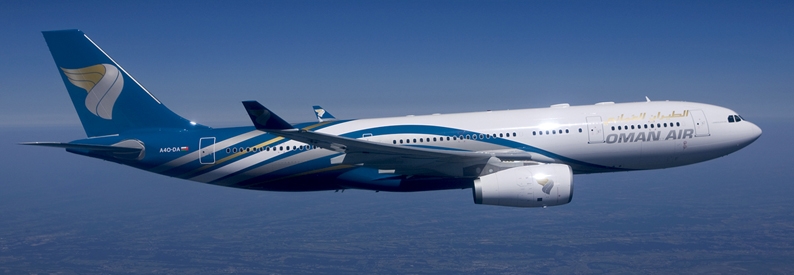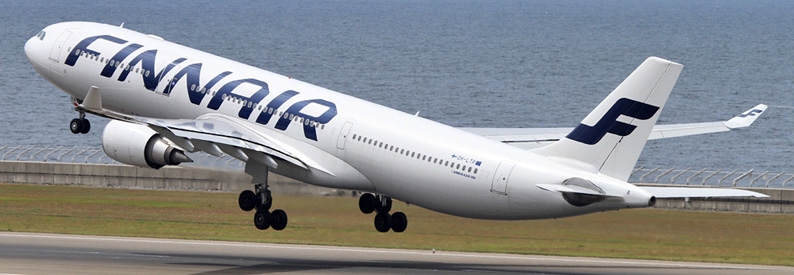The International Civil Aviation Organization (ICAO) has agreed to broker a meeting between senior representatives from Qatar and Saudi Arabia, the United Arab Emirates (UAE), Egypt, and Bahrain concerning the impact of an air embargo imposed by the latter four Arab states against Qatar on June 5.
The group of four, along with multiple other states including Libya, Yemen, the Comoros, Mauritania, and the Maldives collectively accuse Qatar of having supported terrorism and siding with regional rival Iran; accusations Qatari authorities have denied.
With his airline now forced to bypass Saudi, Bahraini, Emirati, and Egyptian airspace, Qatar Airways (QR, Doha Hamad International) Chief Executive Officer (CEO) Akbar al Baker this week called on ICAO to declare the embargo illegal adding that it is “in direct contradiction to the convention that guarantees rights to civil overflight.”
Aside from the termination of flights to the UAE, Egypt, Saudi Arabia, and Bahrain, Qatar Airways has been able to maintain relatively normal operations albeit using significant flight path deviations. As previously reported, the airline is forced to use Iranian and then Omani airspace to access destinations in Africa, Southeast Asia, and Oceania while flights to North Africa, Europe, and the Americas are forced to use Iranian and then Turkish airspace before heading on to their destinations.
In related news, the Emirati, Saudi, and Bahraini civil aviation authorities have confirmed that the air embargo does not extend to private operators and chartered flights, which can continue to use the countries’ airports, and can transit through their airspaces to and from Doha Hamad International, Qatar. For a brief period following the embargo's enforcement, commercial aircraft operated by foreign operators heading to/from Qatar were also required to bypass each country's Flight Information Region (FIR) causing signifcant delays and flightpath re-routings.
